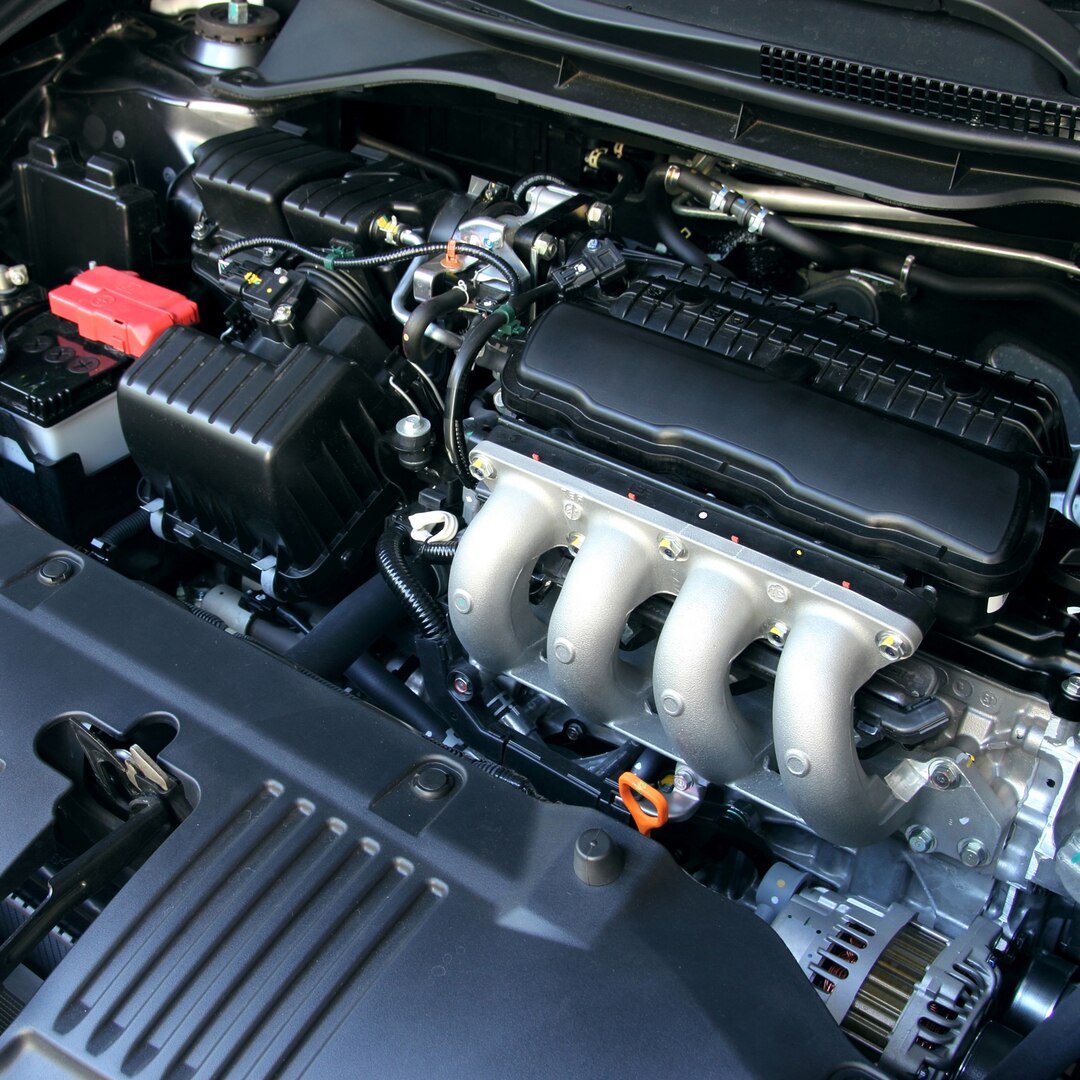The fuel pump is the unsung hero of your vehicle’s engine, responsible for delivering the lifeblood of combustion—fuel—from the gas tank to the engine. While most drivers may not give much thought to this essential component, understanding the various types of car fuel pumps can shed light on their importance and functionality. In this article, we’ll delve into the different types of car fuel pumps, their characteristics, and their roles in keeping your vehicle running smoothly.
Mechanical Fuel Pump:
- Functionality: Mechanical fuel pumps are driven by the engine’s camshaft or crankshaft, utilizing mechanical motion to pump fuel from the gas tank to the engine.
- Location: Typically located on the engine block, near the camshaft or crankshaft.
- Common in Older Vehicles: Mechanical fuel pumps were prevalent in older vehicles before the widespread adoption of electronic fuel injection systems.
Electric Fuel Pump:
- Functionality: Electric fuel pumps use an electric motor to pump fuel from the gas tank to the engine, providing a consistent and reliable flow of fuel.
- Location: Electric fuel pumps are often located inside the fuel tank, immersed in the fuel to prevent overheating and ensure efficient operation.
- Compatible with Fuel Injection Systems: Electric fuel pumps are commonly used in vehicles equipped with fuel injection systems, providing precise control over fuel delivery.
High-Pressure Fuel Pump:
- Functionality: High-pressure fuel pumps are designed to deliver fuel at higher pressures, often required for direct fuel injection systems.
- Location: High-pressure fuel pumps may be located within the engine bay or integrated into the fuel tank, depending on the vehicle’s design and fuel system requirements.
- Critical for Performance: High-pressure fuel pumps are crucial for maximizing engine performance and efficiency, particularly in modern vehicles with advanced fuel injection technology.
Rotary Vane Fuel Pump:
- Functionality: Rotary vane fuel pumps utilize rotating vanes to draw fuel from the gas tank and pressurize it for delivery to the engine.
- Efficient and Reliable: Rotary vane fuel pumps are known for their efficiency and reliability, making them a popular choice for various automotive applications.
- Used in Diesel Engines: Rotary vane fuel pumps are commonly used in diesel engines due to their ability to handle high-pressure fuel delivery requirements.
Turbine Fuel Pump:
- Functionality: Turbine fuel pumps employ a turbine impeller to pressurize fuel, providing a steady flow of fuel to the engine.
- Compact Design: Turbine fuel pumps are known for their compact size and lightweight construction, making them ideal for installation in tight spaces.
- Common in Aircraft: Turbine fuel pumps are frequently used in aircraft engines, where reliability and efficiency are paramount.
The fuel pump is a vital component of your vehicle’s fuel delivery system, ensuring that the engine receives the fuel it needs to operate efficiently. By understanding the different types of car fuel pumps and their respective characteristics, drivers can appreciate the complexity and importance of this critical component. Whether your vehicle relies on a mechanical fuel pump, electric fuel pump, or specialized high-pressure pump, ensuring proper maintenance and timely replacement can help prolong its lifespan and keep your engine running smoothly for miles to come.











